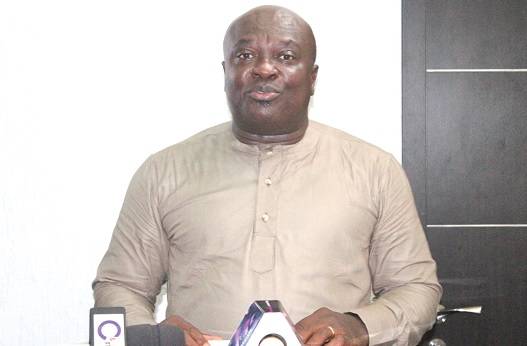In second-cycle schools, the Ghana Publishers Association (GPA) has recommended using tablets and computers with textbooks rather than doing away with them entirely.
This, it claimed, was because the nation lacked the regional and local infrastructure necessary to manage such digital facilities, including uploading material, replacing parts, and making repairs, among other things.
Therefore, the book publishers emphasised that it would be preferable if tablets and laptops were used as supplemental learning tools in addition to textbooks.
We still face several obstacles in our third-world economy, including teaching kids how to use tablets, navigate them by seeking content, save money, and other necessary skills.
"You need to go out to the regions and districts and set up labs where the kids may send their broken tablets to be fixed and have fresh material uploaded.
Asare-Konadu Yamoah, the president of GPA, told the Daily Graphic yesterday that if it's an online thing, you need to give them full access to the data, and if it's an offline programme, you need to have lab centres where they can go to upload new content onto the device.
Build-in textbooks
Dr. Mahamudu Bawumia, the vice president, said last month that the government will begin providing laptop computers with built-in textbooks to all senior high schools (SHSs) the next academic year.
The project seeks to lessen the substantial expenses connected with producing textbooks.
On May 27, Dr. Bawumia made the statement during the E.P. SHS (HEPSS) 60th anniversary celebration in Hohoe, Volta Region.
Support
In light of current changes throughout the world, where technology is mostly driving everything, Mr. Yamoah emphasised that the organisation was in favour of the usage of tablets and laptops as complementing instructional tools.
He claimed that no nation has been able to eliminate physical textbooks from its educational system; he gave the examples of the US, the UK, India, and Singapore.
Since the world is going digital and children will need to become used to the digital learning experience, it is OK if it is complimentary.
The Vice President's plan was commendable, according to the President of the GBPA, but it came too late because computers and the Internet were now commonplace in teaching resources.
Promotion
In the university, students who use digital devices like laptops and tablets still use textbooks, so "it's the same thing I believe would happen in the SHSs," the speaker claimed, citing how utilising tablets and laptops as complementary materials would boost the consumption of content created by publishers.
Any government or the Ministry of Education would be misleading, according to Mr. Yamoah, if they "suggest that tablets and laptops are going to replace textbooks in this country."
He asserted that it was past time for the nation to see education as a crucial socioeconomic development instrument and that everyone must be seen as a stakeholder in order to ensure that the country advanced in all respects and became self-independent and self-reliant.
Mr. Yamoah voiced worry over the Vice President's initiative's lack of interaction with publishers, who were significant players in the education industry.
"What is the government doing to include publishers who will eventually contribute the material if this goal or plan is, in fact, on the table?
"As I stated, what happens to the liberal character of this digital learning that has to effect it if the ministry decides even to sole-source the information from select publications or one or two publishers?


